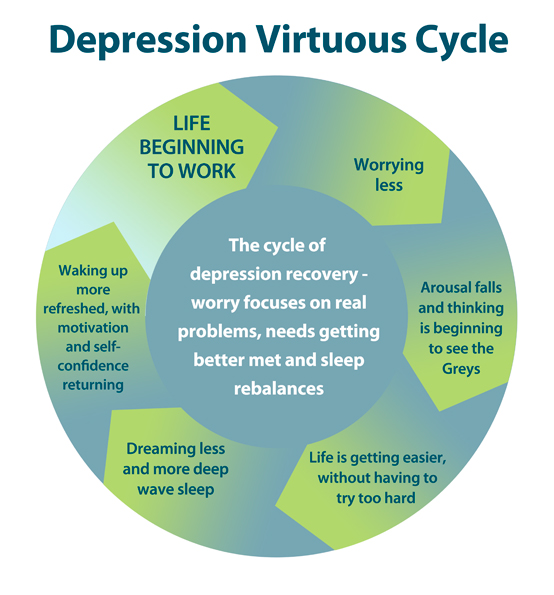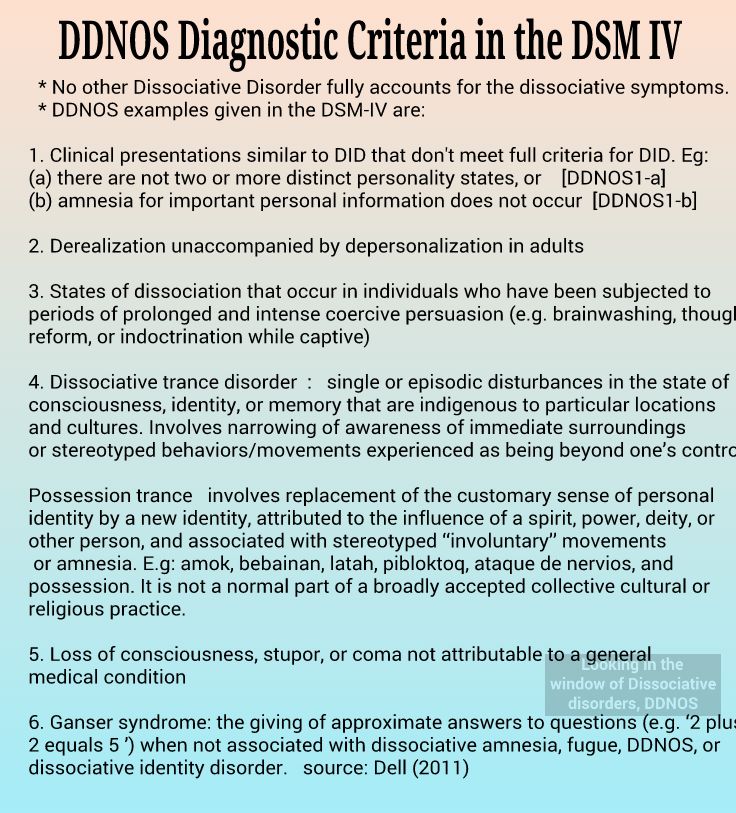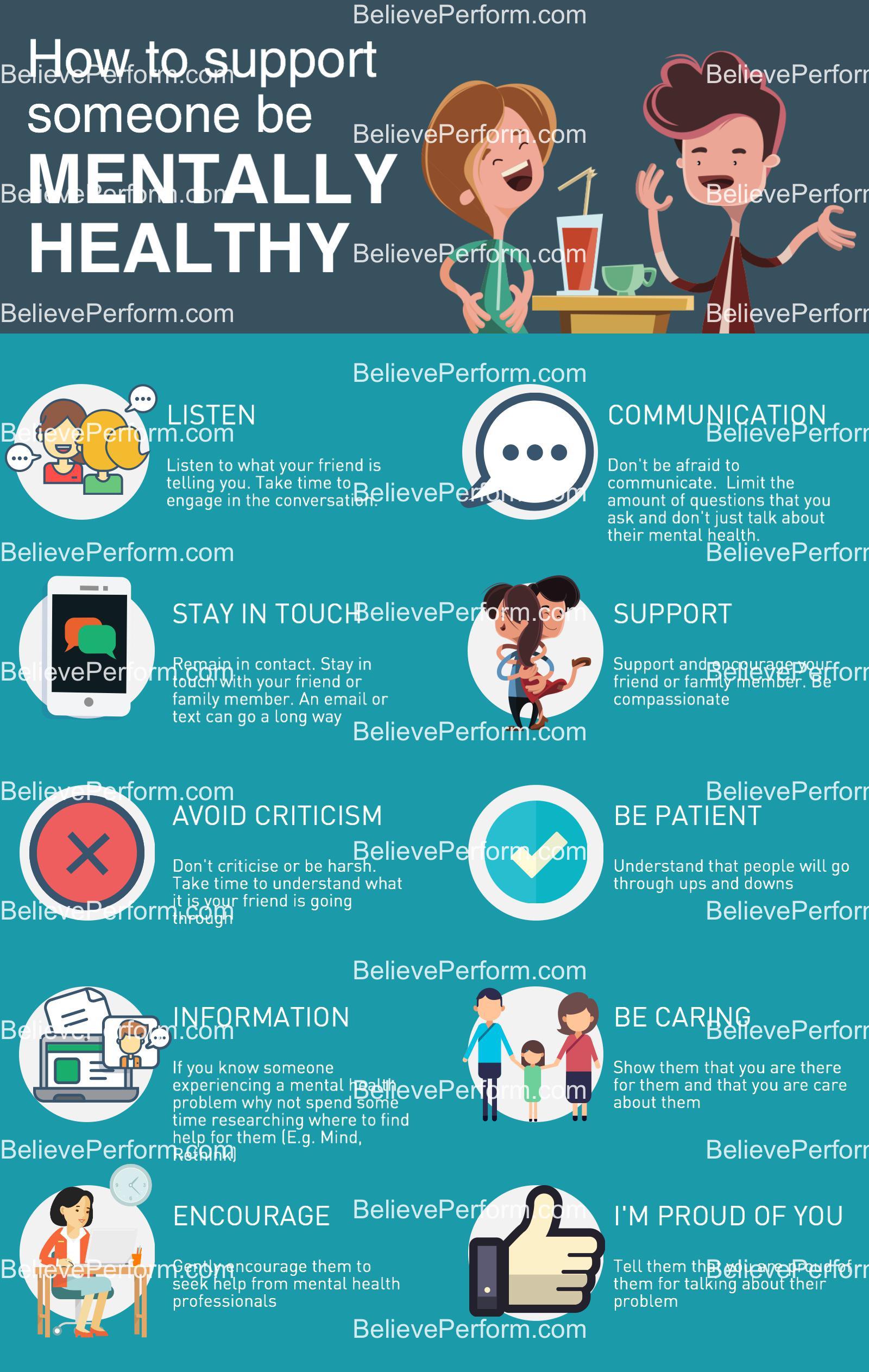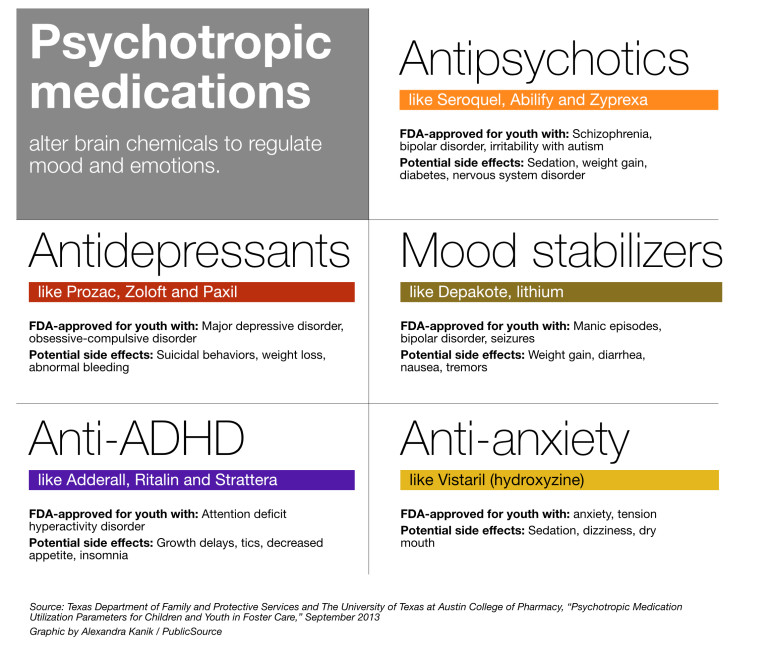Screaming in frustration
Stressed? Try screaming. Yes, really.
THIS PAST YEAR has given us a lot to be angry and frustrated about. Couldn’t you just scream? But really: Shouting from the rooftops (or into your pillow) can feel like a huge relief—especially when the issues we face seem so large that we don’t know how to begin to fix them.
Why is it that a good hollering can take our mood from fiery to peaceful in a matter of seconds? It has a lot to do with following through on the emotions we’re feeling. Just like crying or laughing can provide a rush of calm in moments of sadness or joy, a good ol’ yell can give us temporary relief from anger and frustration.
“I think every emotion that we feel has a kind of correlating action that goes along with it,” says Avi Klein, a Manhattan psychotherapist. “It feels really good or even healthy to discharge that emotion.”
Venting out your feelings, whether by way of a chat with your best friend or the release of your heartiest bellow from your balcony, is a good, proven way of releasing tension, says John Norcross, a professor of psychology at the University of Scranton. It’s kind of like lifting the lid off of a pot of boiling water before it boils over.
Giving voice to all that pain can be really helpful, especially if you feel like you’re about to burst. In those moments where you feel like you might lose your cool at a coworker or family member, venting out a little bit of “steam” can allow you to get on with your day without causing a scene.
But don’t expect your problems to evaporate.
Back in the ’60s and ’70s, “primal scream” therapy was in vogue with folks as high-profile as John Lennon and Yoko Ono. The idea, which you could probably guess, was to tackle your psychological issues by simply screeching them out of your system. But just like a topless pot of water can still eventually boil over if you leave it on the heat, screaming only offers a short-term release.
“I think where people get it wrong is [they assume] that if they just let it out, they won’t have to do anything else,” Klein says. “If you’re a doormat in your life but you’re smashing dishes elsewhere, I don’t think that’s really helping.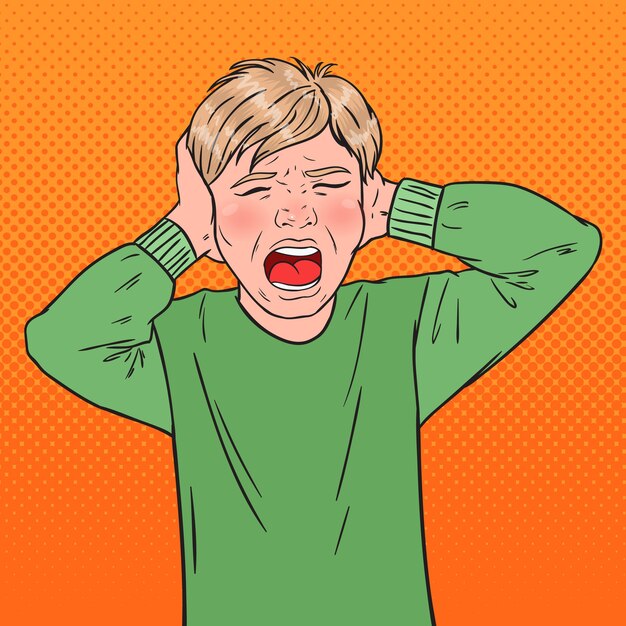 ”
”
If you don’t want to feel like screaming all the time, you need to figure out what issues are giving you those tough emotions—and work on finding some healthier coping mechanisms to solve them. For example, if you’re feeling anger and frustration over people disregarding your wishes or failing to listen to you, Norcross says, practicing healthy assertion tactics will probably give you better results in the long term than flipping a table. But that doesn’t mean a metaphorical table flip in the privacy of your own home can’t help give you the peace of mind you require to focus on the big picture.
Think of screaming and venting as more of a bandaid than a magical cure—it can definitely make you feel better, and that’s great, but there’s still work to be done once the noise fades.
The next time you feel like you’re about to boil over, don’t be afraid to howl into the wind (just try not to scare your neighbors). But once you feel a little better, it’s time to start doing the actual work.
This story originally ran in the Summer 2021 Calm issue of PopSci. Read more PopSci+ stories.
Carry on screaming: why letting it all out, especially for women, can make you calmer and happier | Mental health
One afternoon in early lockdown I led my two small children into the garden and told them to scream. “Go on,” I said, setting a timer. “Scream as loud as you want. I’ll join you.” We’d been in the house, socially distanced for more than a month by then. The children’s routine had been completely disrupted and they were confused and restless; my husband and I were managing full-time jobs along with full-time childcare. I was juggling grief, trauma, housework, childcare, writing. I was tired of keeping all the stress bubbling inside and weary of telling the children to stop being noisy. I was also conscious of how, even in the most gender-equitable households, parents are more likely to ask girls to be quiet than boys. What if we released it all at once? What if we just let it all out?
The children looked at each other, confused, wondering whether I was being sarcastic. But then they started. It came less easily for me. After decades of telling myself that screaming was unseemly, I could only really do a feeble imitation of someone letting out a scream. I felt tongue-tied, too conscious of how I looked or what I sounded like, what the neighbours might think of me. “Are you all OK?” one asked with a nervous laugh from over the fence.
But then they started. It came less easily for me. After decades of telling myself that screaming was unseemly, I could only really do a feeble imitation of someone letting out a scream. I felt tongue-tied, too conscious of how I looked or what I sounded like, what the neighbours might think of me. “Are you all OK?” one asked with a nervous laugh from over the fence.
Within a day or two of garden screaming it felt like a valve had burst and all the frustrations and stress came whooshing out with an unexpected force. We were soon running around the garden with our arms flailing until we collapsed in a heap together on the ground laughing, our legs entwined. Slowly we found that the children were also calmer and less likely to erupt into meltdowns and tantrums. There was a distinct feeling of elation that lasted through the rest of the day. For me, at least.
I am a behavioural scientist, and the more I researched the psychological effects of structured yelling, the more I realised that this discharge of emotions triggers a neuro-physical response, a release of pent-up anger in a conscious way, rather than letting it erupt in a disordered manner. Yelling in this manner can release endorphins, happy hormones, much like a high we get after exercising. These endorphins, along with the peptides produced by the pituitary gland, can together have an emboldening effect by triggering the brain’s receptors to reduce pain and increase strength. I could feel my muscles relaxing and becoming more alert to the sounds and smells around me.
Yelling in this manner can release endorphins, happy hormones, much like a high we get after exercising. These endorphins, along with the peptides produced by the pituitary gland, can together have an emboldening effect by triggering the brain’s receptors to reduce pain and increase strength. I could feel my muscles relaxing and becoming more alert to the sounds and smells around me.
Primal scream therapy became very popular in the 70s with people like John Lennon and Yoko Ono espousing it, but I didn’t see our screaming sessions in the same way. Rather than ruminating on our stress and anger, I was allowing us to fly off the handle for a short while, reclaiming our anger, sadness and frustration and all the associated emotions that have been considered bad for us as women. The first step towards this was the acknowledgement and acceptance that these are all valid emotions requiring an outlet, not to be dismissed or hidden or shoved back inside.
Screaming is considered to have huge benefits in Chinese medicine. Twelve years ago, visiting China, I’d seen men and women gathering every morning in the gardens around the city to scream together. One of my distinct memories of Xian is the reverberation of screams around the neighbourhood we were staying in. According to Qigong Grandmaster Nan Lu (who has several videos on YouTube), the energy that feeds the liver’s wellbeing needs to flow, but it can get obstructed by frustration. His remedy is to shake like a noisy tree. To do this, stand tall, then swoop your body down toward the floor and come up swinging like a tree in the wind. The idea of standing tall seems very empowering to me, especially as girls are told to shrink themselves from a young age. Shaking the whole body, reach your fingertips to the sky, and, gathering all your frustration, release it with a loud scream.
Twelve years ago, visiting China, I’d seen men and women gathering every morning in the gardens around the city to scream together. One of my distinct memories of Xian is the reverberation of screams around the neighbourhood we were staying in. According to Qigong Grandmaster Nan Lu (who has several videos on YouTube), the energy that feeds the liver’s wellbeing needs to flow, but it can get obstructed by frustration. His remedy is to shake like a noisy tree. To do this, stand tall, then swoop your body down toward the floor and come up swinging like a tree in the wind. The idea of standing tall seems very empowering to me, especially as girls are told to shrink themselves from a young age. Shaking the whole body, reach your fingertips to the sky, and, gathering all your frustration, release it with a loud scream.
Growing up, every Bollywood film I watched reinforced the stereotype of the “damsel in distress”, with an elegant melancholy seen as a desirable quality in every leading lady, while expressions of strong emotions were always associated with a harridan, vixen or shrew.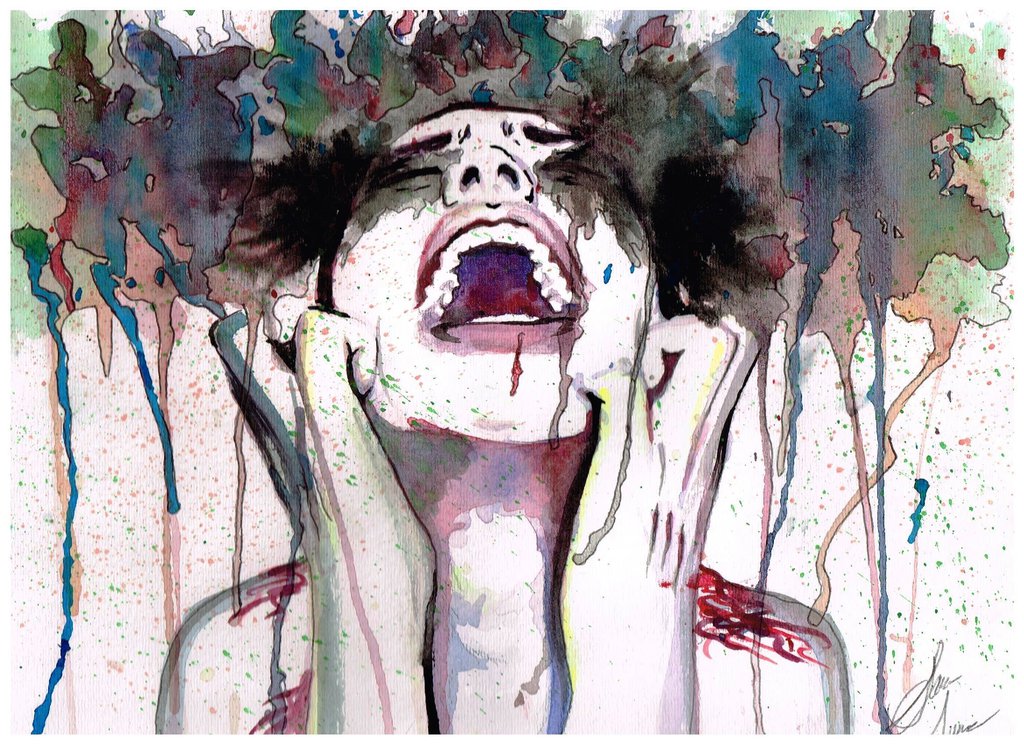 The goddess Kali is interpreted as a symbol of death, her face contorted into an ugly scream, and is used to remind women that expression of emotions, such as anger, can be all- consuming and destructive.
The goddess Kali is interpreted as a symbol of death, her face contorted into an ugly scream, and is used to remind women that expression of emotions, such as anger, can be all- consuming and destructive.
When angry women appear in literature, they are likely to be monsters, harpies or witches. The word banshee has been used for hundreds of years for a screaming, wailing woman, someone who shows an excess of emotion. In Irish folklore, banshees were magical, mythical women in the form of spirits who fed on other people’s sadness and flew all night long looking for prey. Their eyes red with continual weeping, their hair streaming around their face, looking terrifying, they heralded the death of a family member, usually by screaming.
Women’s screaming has long been considered unfeminine, creating discomfort for people around them. Women are given the message that screaming is “ugly” and that no one will listen to them if they show their emotions. In her book Good and Mad: The Revolutionary Power of Women’s Anger, Rebecca Traistor writes: “The best way to discredit these women, to make them look unattractive, is to capture an image of them screaming. The act of a woman opening her mouth with volume and assured force, often in complaint, is coded in our minds as ugly.”
Women are given the message that screaming is “ugly” and that no one will listen to them if they show their emotions. In her book Good and Mad: The Revolutionary Power of Women’s Anger, Rebecca Traistor writes: “The best way to discredit these women, to make them look unattractive, is to capture an image of them screaming. The act of a woman opening her mouth with volume and assured force, often in complaint, is coded in our minds as ugly.”
The idea was planted long ago. In 1615, Helkiah Crooke, court physician to King James I of England, wrote an extensive work explaining that to maintain the order of all nature, a man had to be hotter to bear the weight of work and decisions, and his mind had to be stout to withstand dangers. Men’s bodies could withstand their temper, while women could not bear the heat associated with the expression of strong emotions. They – we – are supposedly too fragile.
Emotional expression is also linked to an assessment of competence at work, but research has shown that this effect is very gendered. A 2015 study showed that expression of emotions such as screaming led to more influence for men in power, while for women their influence decreased. Instead, women are expected to express their anger and frustrations – agentic emotions afforded primarily to men – in the form of sadness and melancholy.
A 2015 study showed that expression of emotions such as screaming led to more influence for men in power, while for women their influence decreased. Instead, women are expected to express their anger and frustrations – agentic emotions afforded primarily to men – in the form of sadness and melancholy.
Women internalise these ideas, they suppress and moderate their emotional outbursts. But inevitably the dissociation creates anguish, and rumination and suppression of anger and other such negative emotions is one of the major contributors to anxiety in women. Women’s happiness has been declining for the past 30 years, both absolutely and relative to men, in much of the western world, but especially in the USA and the UK. Women are also likely to experience more depression compared with men.
Women’s screaming has for years been considered unfeminine
Over the years, I too tried to dissociate my “negative” emotions from myself. It seemed easier. If my anger wasn’t part of me, then it was easy to consider it as an alien beast and lock it up away like a deep, dark secret. But this rumination triggered sadness, and rather than helping me, any expression of strong emotions only added to the stress, evoking guilt and shame for flying off the handle. However, over the past couple of years, I found that I couldn’t keep my emotions bottled up any more. Maybe it is growing older and not caring as much what people think of me, or the exhaustion and trauma of the pandemic, or maybe it was perimenopause. This monster inside me wasn’t ready to be kept on a leash any more.
But this rumination triggered sadness, and rather than helping me, any expression of strong emotions only added to the stress, evoking guilt and shame for flying off the handle. However, over the past couple of years, I found that I couldn’t keep my emotions bottled up any more. Maybe it is growing older and not caring as much what people think of me, or the exhaustion and trauma of the pandemic, or maybe it was perimenopause. This monster inside me wasn’t ready to be kept on a leash any more.
I started to wonder if allowing myself to fly off the handle now and then would help alleviate some of this anxiety that I was feeling. Could screaming be the answer?
One day, scrolling through YouTube, I came across artist Pipilotti Rist’s Ever Is Over All from 1997, which is a large-scale projection installation showing a woman happily walking down a street. Accompanied by a dreamy, ethereal soundtrack and with a large grin on her face, she smashes the windows of cars using a metal flower while a female police officer salutes her as she walks by. The action seems to provide a cathartic release from the suffocating feminine image we are often shown by the male gaze, a joyful requiem to the traditional societal norms and codes of feminine good behaviour. It reminded me of Beyoncé’s music video for Hold Up, released in 2016, where she walks down the road smashing the windows of cars, smiling and unapologetic – expression of strong emotions is not always a negative thing, it says, especially in women, but can be positive, empowering and freeing us from systemic inequalities.
The action seems to provide a cathartic release from the suffocating feminine image we are often shown by the male gaze, a joyful requiem to the traditional societal norms and codes of feminine good behaviour. It reminded me of Beyoncé’s music video for Hold Up, released in 2016, where she walks down the road smashing the windows of cars, smiling and unapologetic – expression of strong emotions is not always a negative thing, it says, especially in women, but can be positive, empowering and freeing us from systemic inequalities.
When I first heard of rage rooms, the idea of going and smashing a few objects for an hour or two sounded very appealing. But in the meantime, I play I Will Survive on the car stereo and scream loudly into the ether while I drive. It is empowering and cathartic especially after I have been called “too much” or “too angry” once again on social media for my work addressing gender and racial inequalities.
Labels are easy to assign: hot-headed, tempestuous, emotional, hysterical.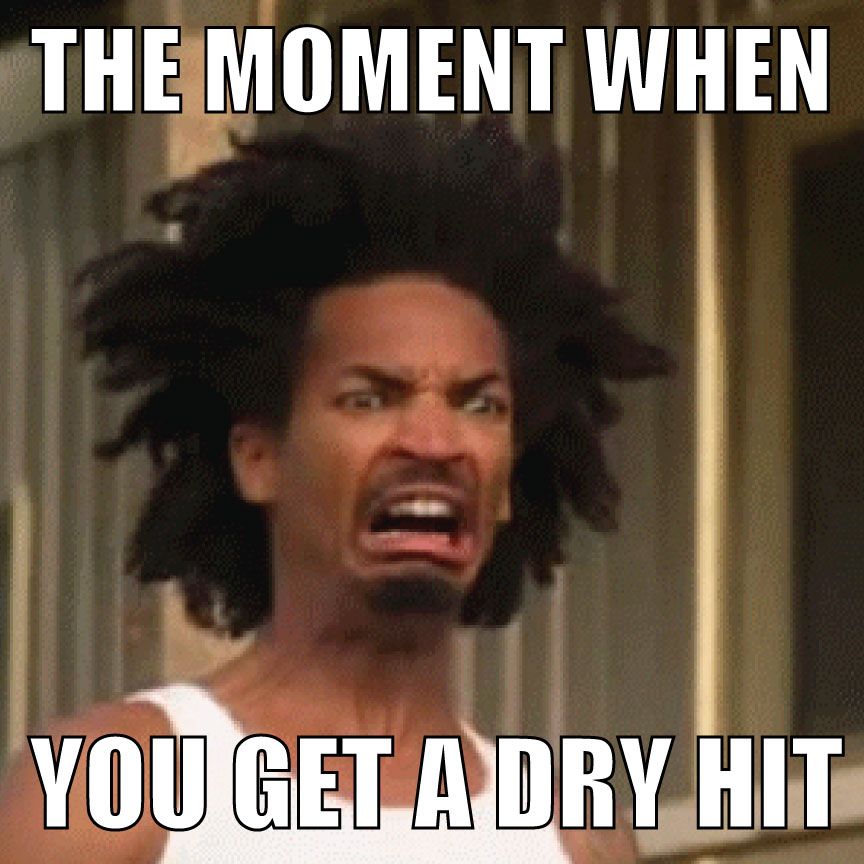 But isn’t it time we all break out of these oppressive norms that we have imposed on ourselves for so long, believing that screaming is unfeminine? I have long admired the Maori tradition of the haka, where women use their whole body and a range of facial expressions, dancing, stamping, chanting and screaming to express themselves and intimidate the opposition.
But isn’t it time we all break out of these oppressive norms that we have imposed on ourselves for so long, believing that screaming is unfeminine? I have long admired the Maori tradition of the haka, where women use their whole body and a range of facial expressions, dancing, stamping, chanting and screaming to express themselves and intimidate the opposition.
In having these screaming sessions with my children, I claimed my anger and frustration and sadness and the whole range of human emotions as my own. I have learned to use my anger for action and acknowledge that anger is an appropriate reaction to injustice, to stresses and anxieties, to ignorance and oppression. I keep these words by Audre Lorde close to my heart: “Guilt is not a response to anger. It is a response to one’s own actions or lack of action.” And I want to raise my girls to do the same. I no longer feel guilt for my emotions and its expressions. After all, feeling and showing emotions is what makes us human.
Last week we went to the woods. In a clearing, we raised our arms to the sky, standing tall with our feet wide apart, grounded and rooted but allowing our frustrations to be released through our fingertips, shaking our bodies with a loud whooping scream. Our dog proceeded to bark in harmony with us. A couple of passing strangers stopped, confused, and then joined in. The loud joyous cacophony of screams and barks and laughter reminded us how good it was to own our emotions and to release them without guilt and shame. My family walked home hand-in-hand feeling happier and lighter. And I felt like myself for the first time in a very long time.
In a clearing, we raised our arms to the sky, standing tall with our feet wide apart, grounded and rooted but allowing our frustrations to be released through our fingertips, shaking our bodies with a loud whooping scream. Our dog proceeded to bark in harmony with us. A couple of passing strangers stopped, confused, and then joined in. The loud joyous cacophony of screams and barks and laughter reminded us how good it was to own our emotions and to release them without guilt and shame. My family walked home hand-in-hand feeling happier and lighter. And I felt like myself for the first time in a very long time.
Hysterical: Exploding the Myth of Gendered Emotions by Pragya Agarwal is published by Canongate at £16.99. Buy it for £14.44 from guardianbookshop.com
When you feel bad... you want to scream in despair! Don't you dare feel sorry for yourself! Turn around .. there are those nearby .. who are worse !! Help them. And it gets easier! — Discuss
When you feel bad.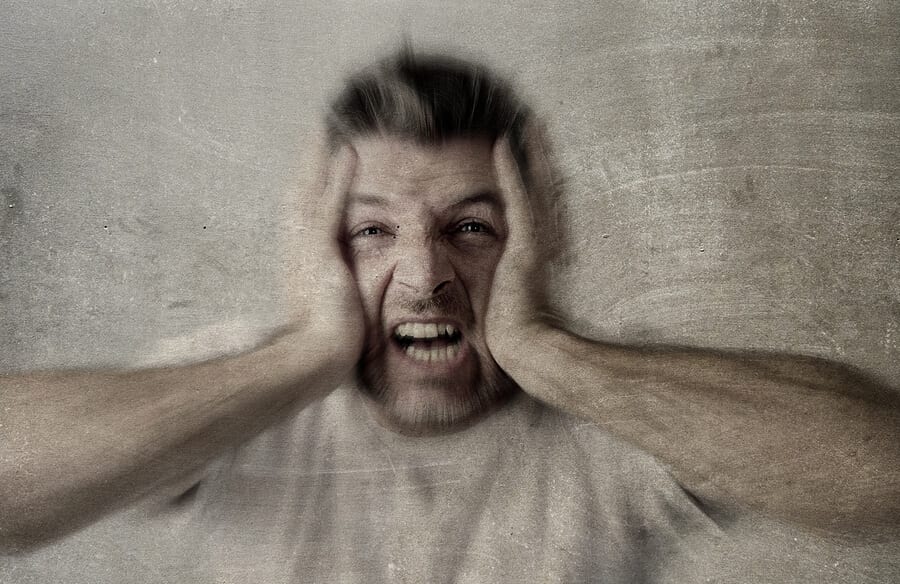 .. you want to scream in despair! Don't you dare feel sorry for yourself! Turn around .. there are those nearby .. who are worse !! Help them. And it gets easier! — Discuss
.. you want to scream in despair! Don't you dare feel sorry for yourself! Turn around .. there are those nearby .. who are worse !! Help them. And it gets easier! — Discuss L….
When you feel bad... you want to scream in despair! Don't you dare feel sorry for yourself! Turn around .. there are those nearby .. who are worse !! Help them. And it gets easier! despair
991
79
18
Answers
Sergey Sergey Davydov
As much as possible!! Although to help everyone, there will be no strength, no money, no time left for yourself !! There is a state for this, although you definitely won’t get help from it !! I didn’t notice something that our rich people helped someone, at least somehow!?!? Reality- the richer, the greedier!!!???
0
Elena
A person often closes in his grief and does not have the strength to look around . .. But you are right, you should always measure your problems and not whine over trifles
.. But you are right, you should always measure your problems and not whine over trifles
0
Svetlana Korotkikh
Pity yourself!!!! You are alone!!! And no one will understand you better than you! Give yourself a break!!!
0
Alla Dyuchkova
I also often say so, let it be so, and not worse, but if it's better and I'm grateful for it...
0
Vsevolod Lapukhin
yes, there is definitely no point in screaming, except to relieve stress.. when you keep everything in yourself, it’s harmful...
0
Lenochka Khancharidi
And my advice is to help yourself! But it's not worth helping people, they quickly become impudent. ..
..
0
L….
Never mind
1
Tore Tuyakov
In any case, it is necessary to find a way out of the situation, this option is one of them
0
Alevtina Mironova
It won't get any easier. Your problems will just fade into the background. Displacement
0
L….
Fiiiii
1
Alevtina Mironova
Are there any objections in essence? Except fiii
1
Farhad Ismailov
How right you are!
This happened sometimes . .... And that's exactly what I said to myself.
.... And that's exactly what I said to myself.
0
♛ O*Contra Spem ♛
my favorite latin .. Omnia Transeunt......everything passes...?! not bad ...
0
L….
Wisely
1
Koteda
what are you talking about!!!!??!??!!!!!!!!!!!!!!!!!!!!!!!!!!!!!!!!!!!!!!!! !!!!!!!!!!!!!!!??????????????????????????????
0
Svetlana Anatolyevna
Be close to those...who feel good...and recharge yourself with positive. ..
..
0
Irina Babkina
Or swear, you can obscene, sometimes it gets easier
0
VK
Vladimir Kukhtenko
caring for others helps not only them but also yourself
0
L….
Yes
1
Nikolai Vernikovsky
is correct. and calm yourself down. whining kills
0
L….
Z6ay
1
Nikolai Vernikovsky
well done
1
ТХ
Tatyana Khanevskaya
You should never drive yourself to despair.
0
L….
Brad!!
1
ТХ
Tatyana Khanevskaya
Why?
1
L….
You might think.. such things are planned
1
ТХ
Tatyana Khanevskaya
I don’t know, I didn’t have such a thing, to the point of despair, sometimes the mood is bad and something is missing (not material), but it quickly passes.
1
L….
What nonsense!!!!!!!!!!!!!!!
1
ТХ
Tatyana Khanevskaya
You seem to be in despair right now, I'm sorry.
1
L….
Thank you
1
Nastasya Alekseevna S
classic avoidance))) but it will become easier
0
NS
Natasha Sukhacheva
I agree. Or just go to church....
0
L….
Also true
1
Dyh Omega
do no good to anyone, they will repay
0
L….
Not true
1
Dyh Omega
true. my life experience has proved this more than once
1
L….
Not right two! !!
1
Dyh Omega
true. bitter rights
1
Alexey Konishchev
Very wise words. I agree with you.
I agree with you.
0
Next page
Cry of despair: UNHCR asks for asylum 1300 refugees
Last update: Thursday, 02 March 2023, 09:28 GMT
- English
- | Español
- | Russian
- UNHCR
- Legislation
- Jurisprudence
- Country information
- View
- Resources
- My Profile
- Home Page»
- Related Search»
- Vault
- Email the document to
- Print version
The United Nations Refugee Agency today launched a campaign to resettle 1,300 refugees in other countries by the end of March next year.

